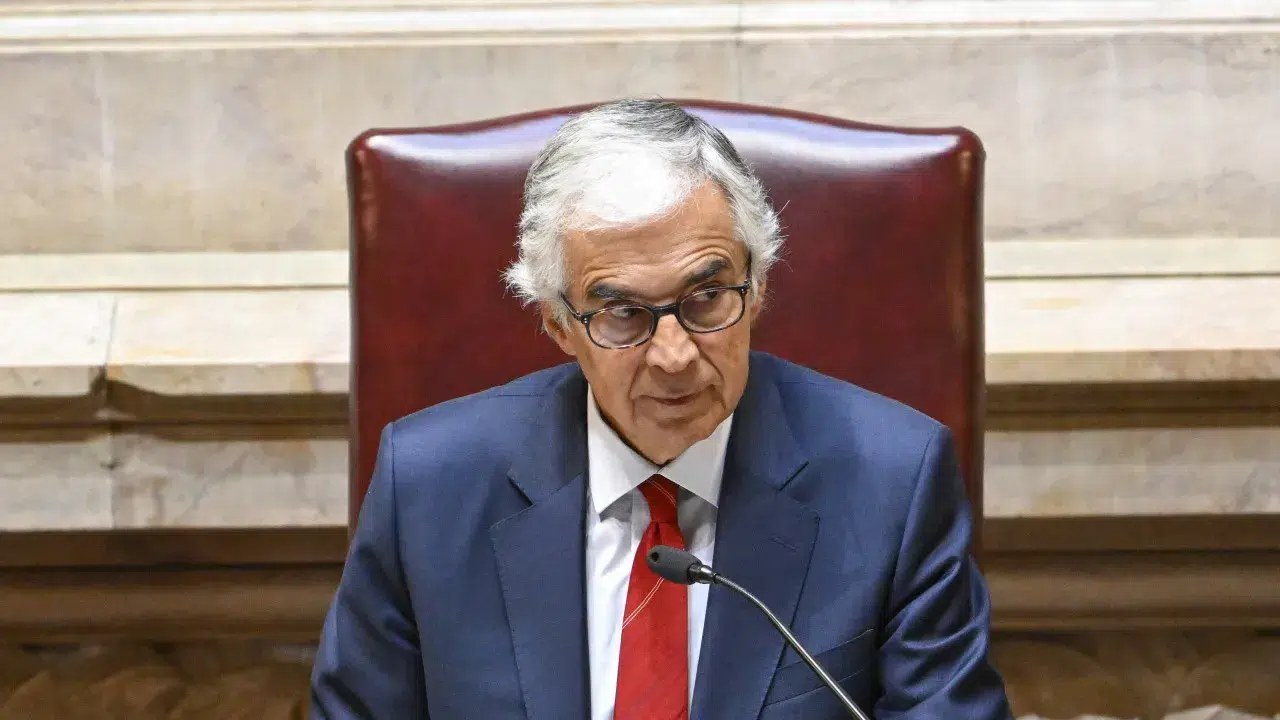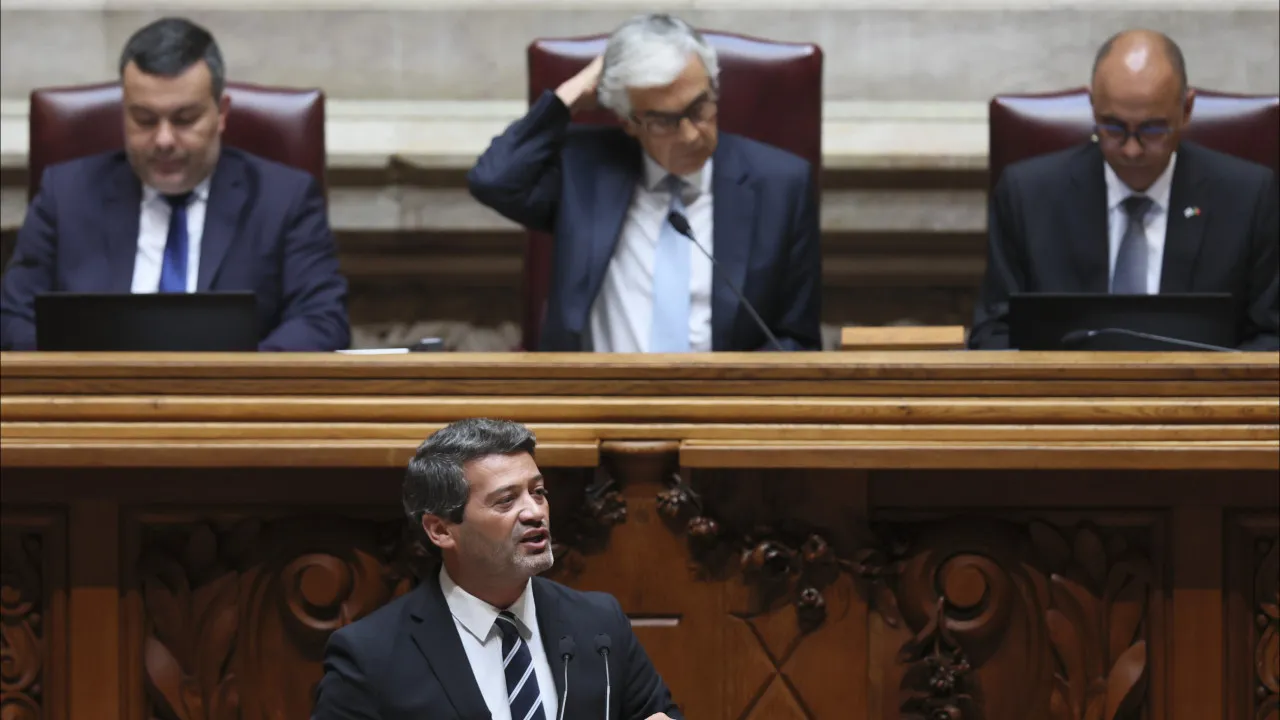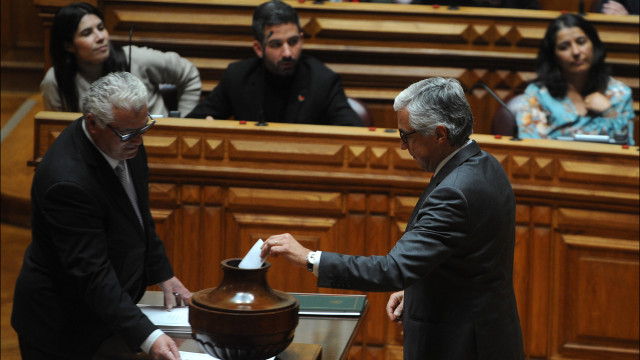
In a recent order made public today by José Pedro Aguiar-Branco, the President of the Portuguese Parliament addressed the admission of Chega’s legislative proposal, which suggests changes to the nationality law. Aguiar-Branco’s statement follows a non-binding opinion from the parliamentary services, which advised against the proposal, citing constitutional conflicts, particularly its provision for the potential loss of nationality in specific instances.
This parliamentary opinion led André Ventura, the leader of Chega, to accuse the President of the Assembly of obstructing his party’s political initiatives, despite Aguiar-Branco having not yet made any decision on the matter at the time of Ventura’s remarks last Friday.
In his order regarding Chega’s proposal, the Assembly President decided on its acceptance, albeit emphasizing constitutional concerns and the necessity for corrections during the legislative process.
According to Article 120 of the Assembly’s regulations, proposals or amendments that infringe on the Constitution or its principles are not admissible. Aguiar-Branco noted that this rule is crucial for safeguarding the constitutional order, serving as a preliminary control measure to ensure that any legislative proposal is in line with the Constitution’s fundamental principles.
“However, we believe that this authority should be exercised in exceptional situations and handled with particular caution, strictly adhering to the legislative initiative principle enshrined in Article 167, section 1, of the Portuguese Constitution,” stated the former Social Democrat minister.
The Assembly President clarified that the authority to reject a proposal is not an automatic rejection power for any proposal presenting some constitutional non-compliance, but rather a duty aimed at preventing clear manifest violations of its provisions.
According to Aguiar-Branco, the rejection of a proposal should only be directed at those that manifestly, irreparably, and incurably violate the Constitution, meaning those with defects that cannot be corrected during the legislative process— a process that is sufficiently dynamic and flexible to allow for the fixing of flaws and the adaptation of norms to constitutional requirements.
“In essence, we believe that the duty to reject, as conferred to the President by Article 120 of the Regulations, should only occur when the proposal is unmistakably non-compliant with the Constitution and so flagrant that it prevents any reasonable adjustment during the legislative process,” he argued in his order.
It is within this context that Aguiar-Branco evaluated the admissibility of the proposal submitted by Chega.
In his order, the Assembly President presented a different approach from his Socialist predecessors, especially Ferro Rodrigues, regarding the potential use of opinions from the Constitutional Affairs Committee.
“Unlike what has happened in previous legislatures (specifically during the XIV Legislature), we chose not to seek an opinion from the Constitutional Affairs Committee, as a consultative body for scrutinizing constitutionality for the purpose of admitting the initiative,” noted Aguiar-Branco.
The current parliament leader believes that avoiding the Committee best preserves the independence of the legislative process.
“Moreover, we consider that, ultimately, preliminary constitutional scrutiny in these circumstances could become a political tool used to either block or facilitate legislative proposals based on the interests of parliamentary majorities, thus compromising the exercise of legislative initiative power,” he advocated.
[Updated at 3:50 PM]




